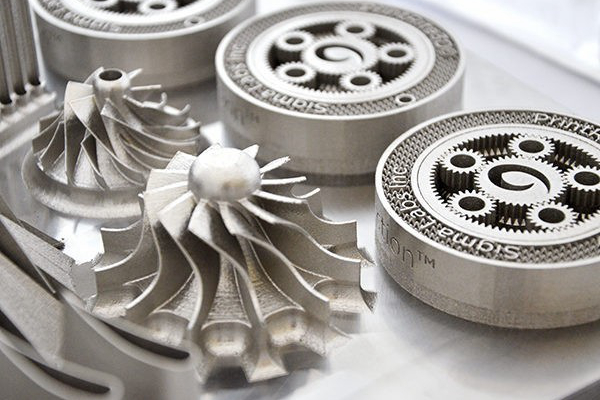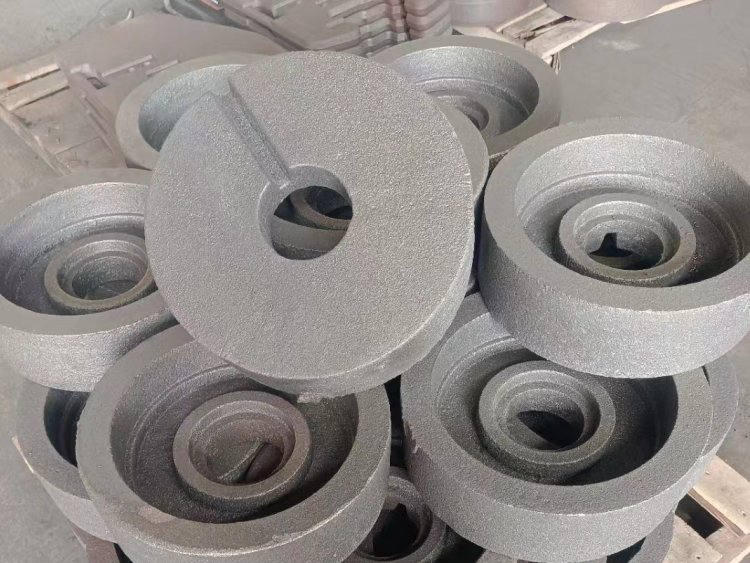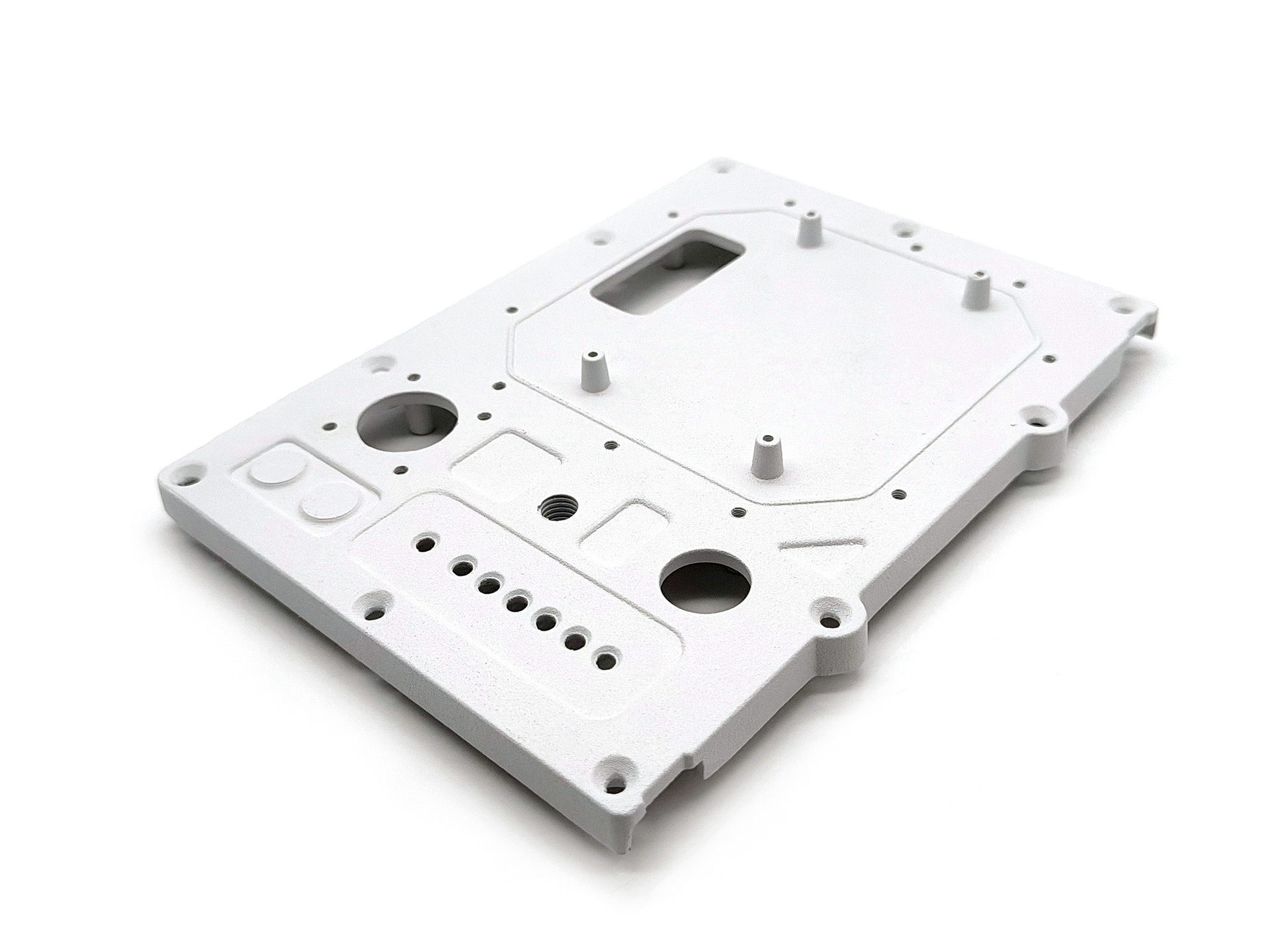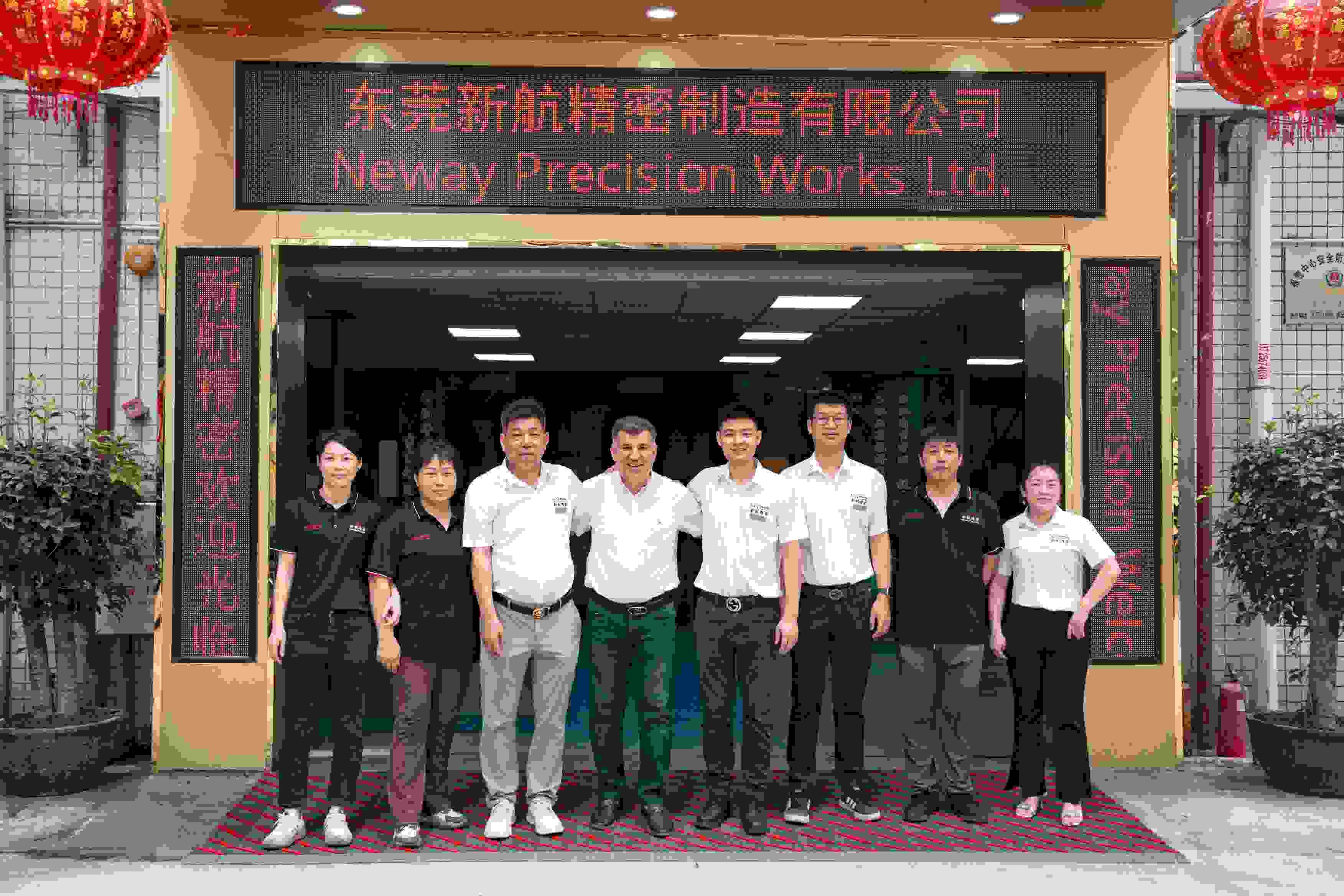Are medical die castings biocompatible and corrosion-resistant?
Are Medical Die Castings Biocompatible and Corrosion-Resistant?
Biocompatibility in Medical Die Casting
Medical die castings are typically used for non-implantable components such as device housings, brackets, diagnostic equipment frames, and enclosures. These parts must be biocompatible in indirect-contact environments, meaning they do not release harmful substances, support bacterial growth, or react adversely with cleaning agents or human contact.
Materials such as aluminum and zinc alloys can be made biocompatible through proper alloy selection and surface treatments. Although die castings are not suitable for direct implantation (as governed by ISO 10993 and ASTM F1980), they are extensively used in:
Diagnostic imaging devices
External surgical equipment
Patient monitoring systems
Neway’s aluminum die casting materials like A360 and AlSi10Mg are commonly used in FDA-regulated equipment, and comply with RoHS and REACH directives.
Corrosion Resistance in Sterile Medical Environments
Corrosion resistance is critical in sterilization settings involving autoclaves, chemical disinfectants, and saline exposure. Raw cast surfaces are typically insufficient, so finishing treatments are essential:
Anodizing: Provides a protective aluminum oxide layer that enhances corrosion resistance and prevents pitting. Type II and Type III anodizing meet MIL-A-8625 standards.
Powder Coating: Creates a uniform protective barrier and is often used on medical enclosures to resist cleaning agents and maintain aesthetic quality.
Painting: Medical-grade paints provide color coding, antimicrobial protection, and resistance to alcohol-based disinfectants.
Zinc alloys like Zamak 3 offer good baseline corrosion resistance, especially when paired with protective coatings or nickel plating in cases where additional moisture protection is needed.
Recommended Services for Biocompatible and Corrosion-Resistant Parts
To support medical OEMs and device manufacturers, we offer:
Material and Compliance Consultation
Casting Material Selection: Guidance on choosing RoHS/REACH-compliant and corrosion-resistant alloys suitable for indirect-contact applications.
Surface Treatment Integration
Post Process for Die Castings: Includes cleaning, coating, and sterilization-friendly surface enhancement.
Complete Manufacturing Workflow
One-Stop Service: From tooling and prototyping to final coating, ensuring complete biocompatibility and resistance in production parts.



